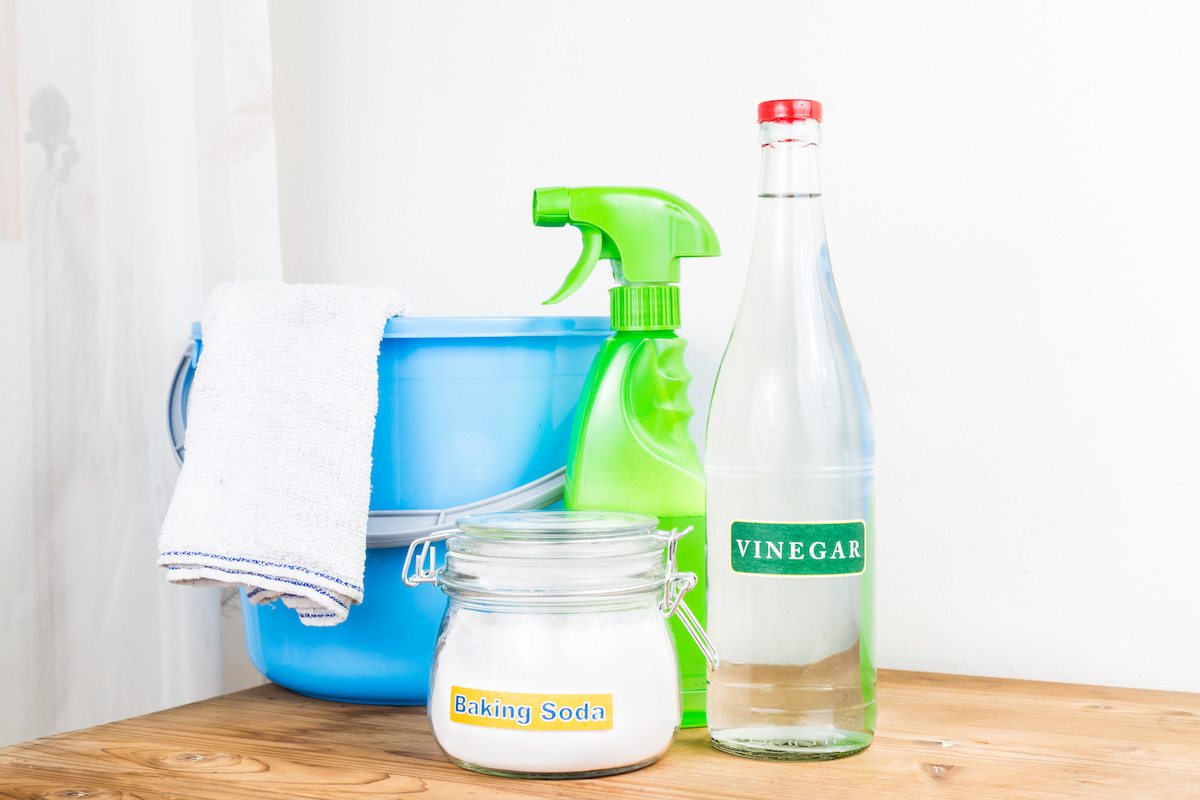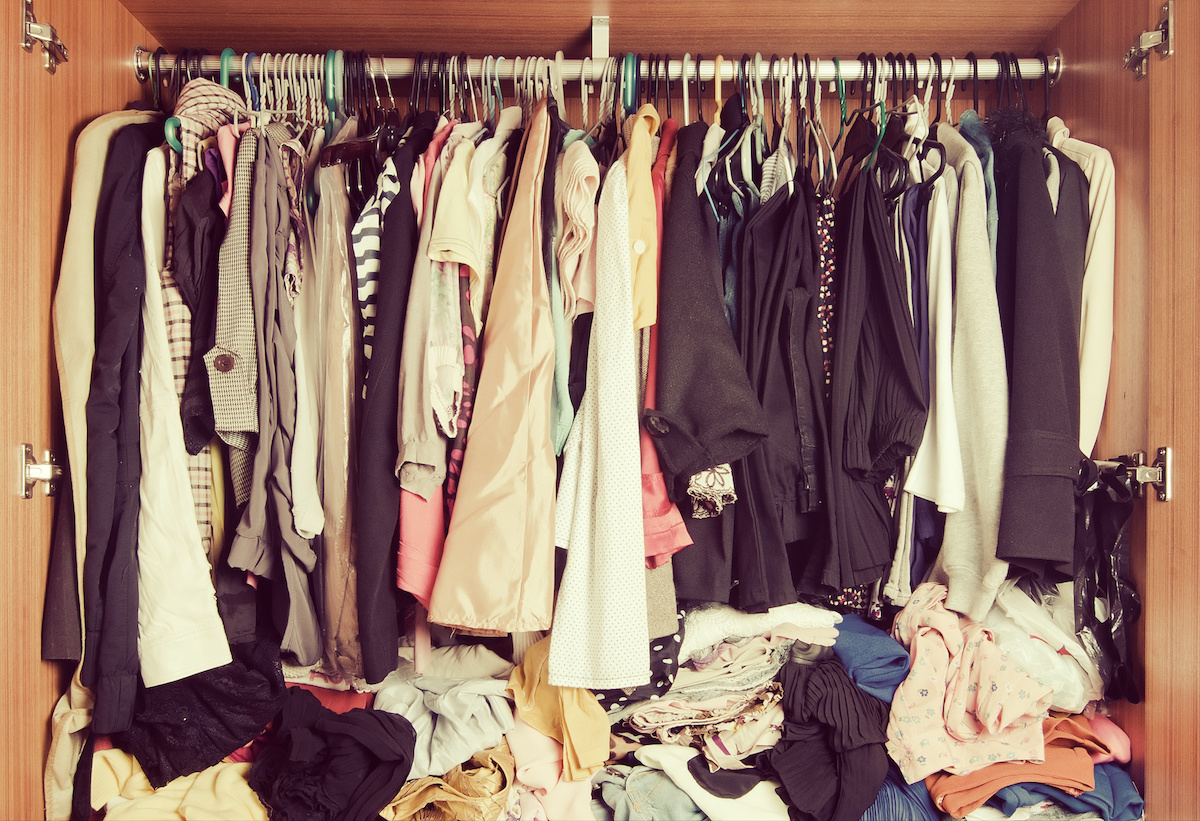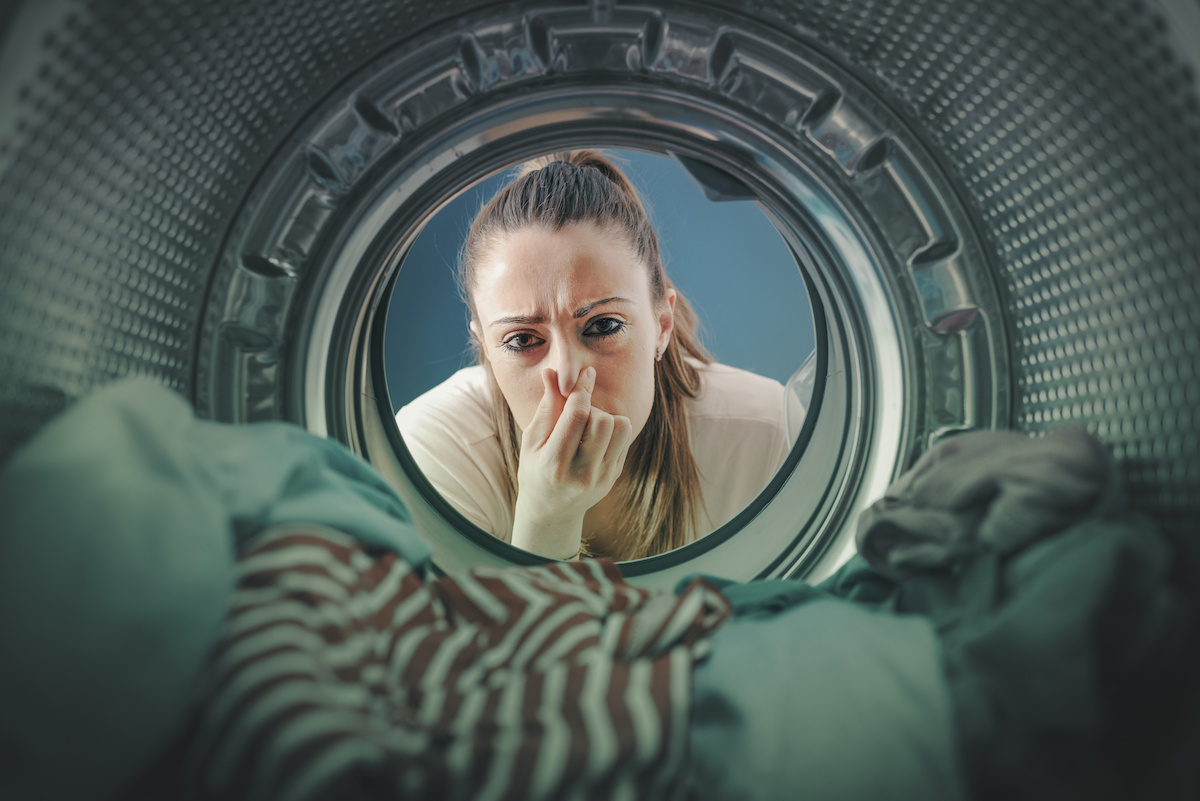How to Remove Mold From Clothes
Mold and mildew can be a nuisance to deal with, especially if they form on your clothes. Not only are they unsightly, but they can also create an unpleasant odor. This can happen to clothes that have been in a dark and damp place for too long, or it can indicate that your washing machine or dryer contains mold or mildew. That’s why it’s important to know how to remove mold from clothes.
Mold stains can develop on clothes from exposure to water or improper storage, and they can be tough to remove. If you don’t wash the garments as soon as possible, bacteria can start to build up. The bacteria can create a pungent aroma, particularly in your washing compartment. A pile of dirty washing is an ideal environment for bacteria and germs; they’ll multiply in no time.
With the right products and care, however, you can get rid of mold stains on all kinds of fabrics, even on delicate fabrics. The best way to remove mold from clothes would be to thoroughly wash them. Be sure to follow the suggested water temperature of the article of clothing.
Tips to Prevent and Eliminate Mold and Mildew on Clothes
If a proper washing doesn’t help, here are a few tips that can prevent and eliminate mold from ruining your clothes:
- Discover moldy clothing in your laundry hamper? This might have been caused by wet towels or clothes in the bottom of the laundry basket. Use disinfectant to kill off any remaining mold spores before putting more dirty clothes inside.
- Check your washing machine and dryer regularly for mold. If your clothes smell musty right after a wash, mold may be present in your washer. To clean the mold inside the machine, run an empty cycle with hot water and bleach or detergent. If that doesn’t work, carefully disassemble the washer and clean any mold you find with hot water and a cleaning product. Use a gentle brush or an old toothbrush to remove as many mold spores as you can.
Mold can form in the dryer and leave clothes with a foul odor.
- Dry wet clothes in direct sunlight. Sunlight is a natural disinfectant and can help kill mold spores, and a breeze will help improve airflow to your clothes.
- Soak your clothes in a vinegar solution. White vinegar is suitable for disinfecting and cleaning stubborn mold stains like porous, non-porous, and black mold. Spray undiluted white vinegar onto the mold-infected areas. You can also make a paste of lemon juice and salt to rub on areas that have mold. Leave it for a while, and then wash it off. To make a vinegar solution, mix equal parts of water and vinegar. Soak your clothes in the solution for 30 minutes before washing them. Make sure not to combine vinegar and bleach.
- Wash your moldy clothes with very hot water and laundry detergent. Hot water will kill mold spores, and laundry detergent will remove any musty smells. Since mold stains are hard to remove, you should also pre-soak your stained garment before washing it.
- Add baking soda to your wash cycle. Baking soda is a natural deodorizer that can help remove musty smells from your clothes. Add half a cup of baking soda to your wash cycle, along with your regular detergent.
- Apply a mold stain remover like bleach, although you need to read your clothes’ labels first to make sure bleach can be used. Add the laundry and detergent to the machine, then start a normal cycle. Pause the cycle when the washer has filled with water, then add a cup of bleach and resume the wash. Alternatively, soak the clothes in a solution of one cup of bleach and two gallons of hot water for at least one hour.
- Instead of bleach, you can use vinegar, baking soda, borax, or ammonia in a similar way. Start a wash cycle with your laundry and detergent, then add a cup of the product you prefer. Stop the cycle when the clothes have become soaked and wait at least one hour before you turn it back on. Pausing the cycle while the clothes are wet will allow the chosen product to fight the mold. DO NOT mix ammonia with bleach, as it can create poisonous fumes that are dangerous when breathed in.
 You may use disinfectant to kill off any remaining mold.
You may use disinfectant to kill off any remaining mold.
How to Get Rid of Mold Smell in the Closet
After having thoroughly washed and eliminated the mold out of clothes, the next step is to check your closet. Addressing the source of the problem is essential; otherwise, your clothing items will smell again.
Since closets are solid, enclosed structures, usually made of wood, there are no gaps or ventilation vents to dry wet clothing. Storing clothes in a closet that aren’t totally dry can create a breeding ground for mold and musty odors.
 When wet clothes accumulate in your closet, it can be a breeding ground for mold.
When wet clothes accumulate in your closet, it can be a breeding ground for mold.
Allowing air to flow through your closet can help prevent mold growth and odors. You can occasionally open your closet doors to increase airflow. Louvered doors are better than solid wood because they allow ventilation. You can also use a tiny fan and direct it to your closet. Opening the windows to let in fresh air is a good option, too.
It’s important to remove any mold spores present, as not only can they make garments musty, but they can also cause serious health problems. If, after trying all of the above, you still detect a moldy smell on clothes and in your closet, consider contacting a mold remediation expert like Purofirst.
For Professional Mold Remediation Services, Contact PuroFirst of Metropolitan Washington
It can be a tough job to clean mold on your own. We recommend reaching out to experienced professionals. Contact PuroFirst of Metropolitan Washington today for mold remediation service.





Leave a Reply